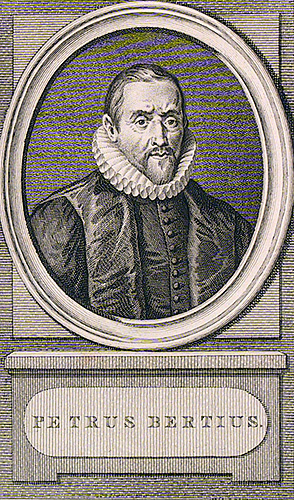Related Research Articles

Year 1552 (MDLII) was a leap year starting on Friday of the Julian calendar.
This article is a list of the literary events and publications in the 15th century.
This article contains information about the literary events and publications of 1602.
This article presents lists of the literary events and publications in 1590.
The year 1822 in science and technology involved some significant events, listed below.
The year 1622 in science and technology involved some significant events.
The year 1634 in science and technology involved some significant events.

René Primevère Lesson was a French surgeon, naturalist, ornithologist, and herpetologist.

Edward Wotton was an English physician, born in Oxford, credited with starting the modern study of zoology, by separating out much of the fanciful and folkloric additions that had been added over time to the body of zoological knowledge.

The Casa de Contratación or Casa de la Contratación de las Indias was established by the Crown of Castile, in 1503 in the port of Seville as a crown agency for the Spanish Empire. It functioned until 1790, when it was abolished in a government reorganization.

The Dieppe maps are a series of world maps and atlases produced in Dieppe, France, in the 1540s, 1550s, and 1560s. They are large hand-produced works, commissioned for wealthy and royal patrons, including Kings Henry II of France and Henry VIII of England. The Dieppe school of cartographers included Pierre Desceliers, Jean Rotz, Guillaume Le Testu, Guillaume Brouscon and Nicolas Desliens.
Michael van Langren was an astronomer and cartographer of the Low Countries. A Catholic, he chiefly found employment in service to the Spanish Monarchy.
Nationality words link to articles with information on the nation's poetry or literature.

Regio Patalis is Latin for “the region of Patala”, that is the region around the ancient city of Patala at the mouth of the Indus River in Sindh, Pakistan. The historians of Alexander the Great state that the Indus parted into two branches at the city of Patala before reaching the sea, and the island thus formed was called Patalene, the district of Patala. Alexander constructed a harbour at Patala.

Petrus Bertius was a Flemish philosopher, theologian, historian, geographer and cartographer. Bertius published much in mathematics, and historical and theological works, but he is now best known as cartographer with his edition of the Geographia of Ptolemy, and for its atlas.
The year 1555 CE in science and technology included a number of events, some of which are listed here.
The year 1557 CE in science and technology included a number of events, some of which are listed here.

Claude-Nicolas Le Cat was a French surgeon and science communicator.
Events from the year 1700 in France
References
- ↑ Grun, Bernard (1991). The Timetables of History (3rd ed.). New York: Simon & Schuster. p. 245. ISBN 0-671-74919-6.
- ↑ "Parasitology Research & Encyclopedic Reference of Parasitology" (PDF). University of Würzburg. Archived from the original (PDF) on September 27, 2011.
- ↑ Pollard, A. F.; Wallis, Patrick (2004). "Wotton, Edward (1492–1555)" . Oxford Dictionary of National Biography (online ed.). Oxford University Press. doi:10.1093/ref:odnb/29999 . Retrieved 2011-10-24.(Subscription or UK public library membership required.)